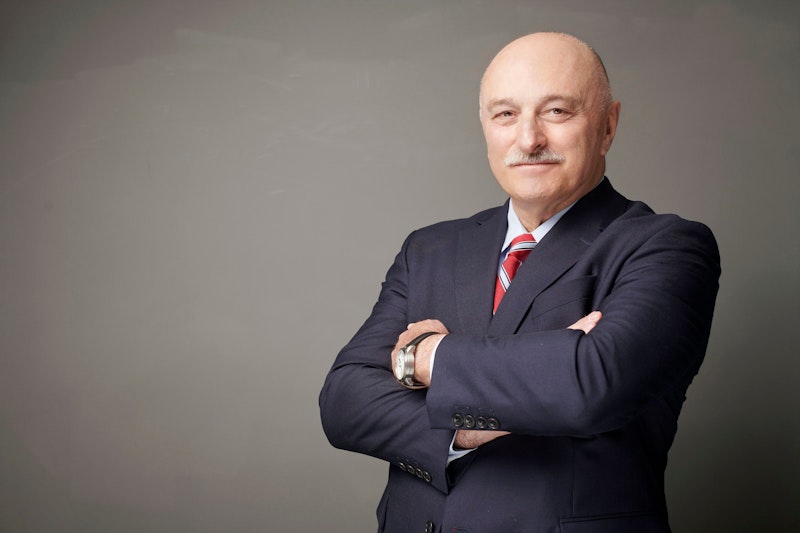Return to the World of Work: Don’t waste a good crisis
In this action research session Henley’s Professor David Pendleton explores the rise of the extrovert and how senior managers need to create conditions for others to be creative.

To look at the issue of leadership responses to the 2020 COVID-19 crisis, Henley Executive Education brought together groups of executives from different organisations via videocall sessions.
David Pendleton set the scene by describing crises as part of the rich tapestry of organisational life. Crises come and go. They are inevitable, they are unpredictable. They cause a great deal of anxiety and anguish to people and real damage to the fabric of organisations. Yet crises also bring with them extraordinary opportunities to create lasting and positive change.
What makes the difference in realising positive outcomes is our responses to the changes forced upon us, our resilience and our creativity. These are matters of leadership, and with good leadership some of the most positive changes in organisations have occurred as a response to a major crisis.
Read the full report here to explore the rise of the introvert and what responsibility leaders have during crises.



